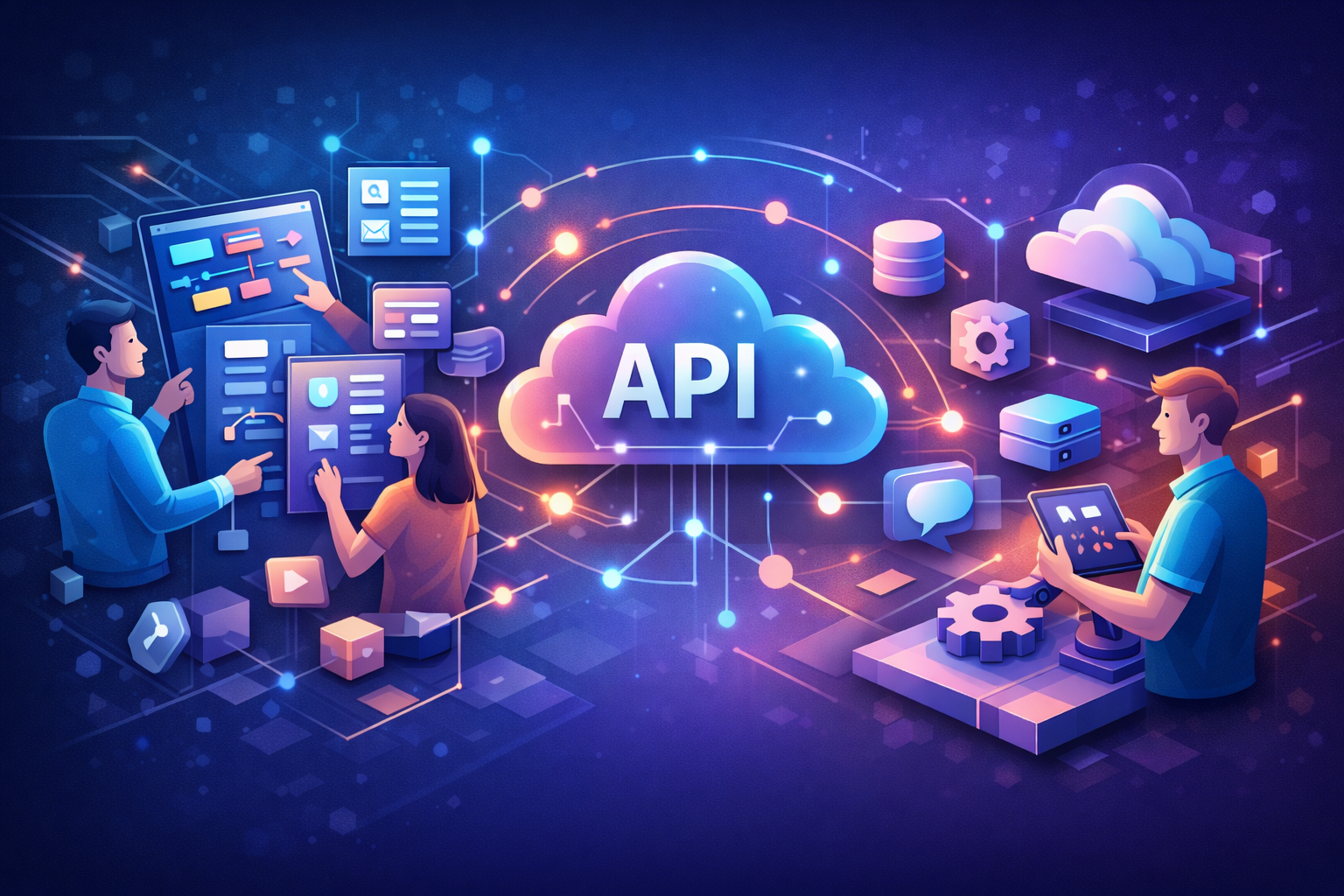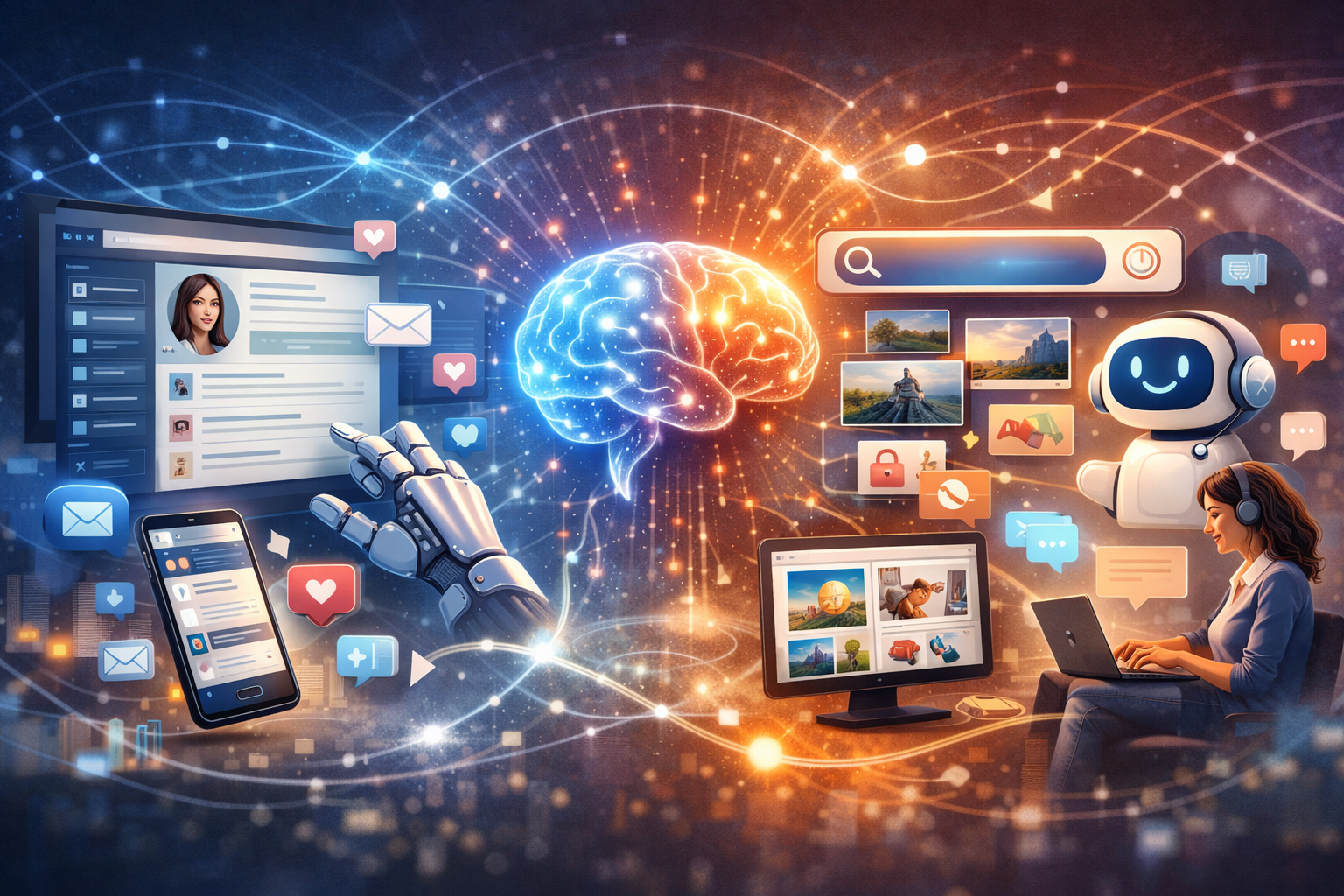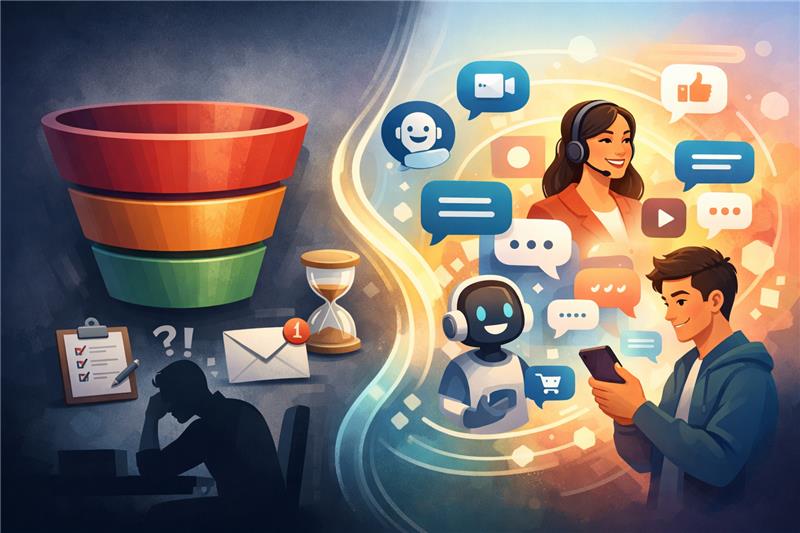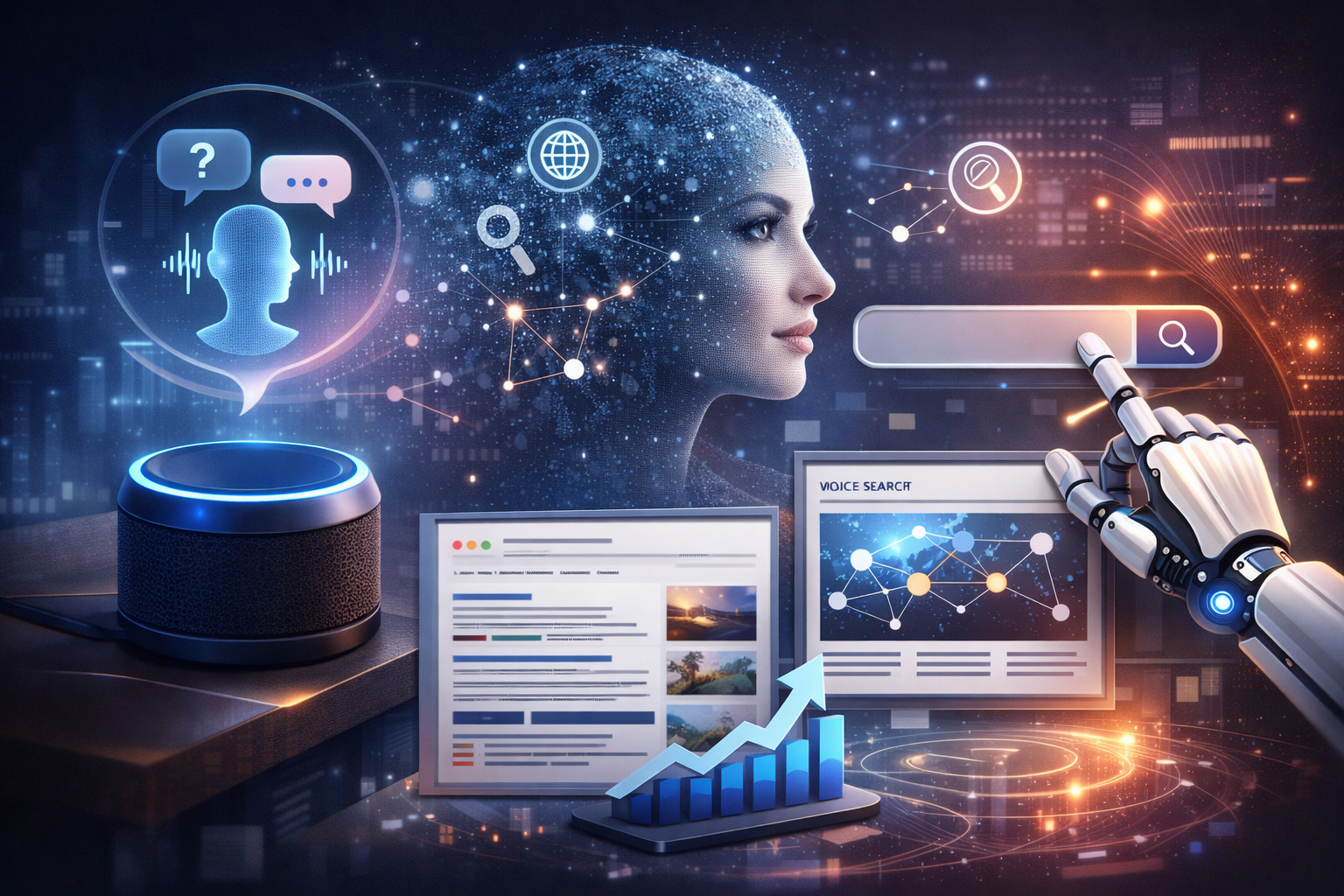
Google’s tightening grip on AI-generated content has sent ripples through the digital marketing industry. As the search giant becomes increasingly vigilant against spammy, low-quality content, marketers must adapt to a new era where authenticity and expertise reign supreme.
The AI Content Conundrum
The rapid advancement of AI-powered content generation tools has sparked concerns about the potential for misinformation and diluted online content. While AI can be a powerful tool for enhancing creativity and efficiency, its misuse can lead to a deluge of superficial, low-value content that undermines search engine rankings and tarnishes brand reputation.
The Impact of AI on Content Marketing
AI has the potential to significantly enhance content marketing efforts by automating tasks, improving efficiency, and generating creative ideas. However, it’s crucial to use AI responsibly and ethically. Overreliance on AI-generated content can lead to penalties from search engines, damage brand reputation, and alienate audiences.
Key Considerations for Enterprises:
- Quality Over Quantity: Focus on creating high-quality, informative, and engaging content that provides real value to the audience.
- Human Touch: While AI can assist in content creation, human expertise is essential to ensure accuracy, relevance, and authenticity.
- Ethical AI Use: Use AI tools to augment human creativity, not replace it. Prioritize transparency and disclose the use of AI when appropriate.
- Data Privacy and Security: Implement robust data privacy and security measures to protect sensitive information.
- Continuous Learning and Adaptation: Stay updated on the latest AI trends and best practices to optimize your content marketing strategy.
Strategies for Success in the AI Era
1.Human-Centric Content:
- Empathy and Storytelling: Develop content that resonates with your audience’s emotions and aspirations.
- Personalization: Tailor content to individual preferences and behaviors.
- Authenticity: Be genuine and transparent in your communication.
2.Data-Driven Decision Making:
- Analytics: Use data to measure the effectiveness of your content and identify areas for improvement.
- A/B Testing: Experiment with different content formats and strategies to optimize results.
- Keyword Research: Conduct thorough keyword research to identify relevant search terms and optimize your content accordingly.
3.Strong SEO Foundation:
- Technical SEO: Ensure your website is technically sound and optimized for search engines.
- On-Page SEO: Optimize title tags, meta descriptions, and header tags.
- Off-Page SEO: Build high-quality backlinks to improve your website’s authority.
4.Content Diversity:
- Visual Content: Create engaging visuals, such as infographics, videos, and images.
- Interactive Content: Use interactive elements like quizzes, calculators, and surveys to increase engagement.
- Long-Form Content: Publish in-depth articles and guides to establish thought leadership.
5.Social Media Integration:
- Community Building: Engage with your audience on social media platforms.
- Shareable Content: Create content that encourages sharing and viral spread.
- Paid Social Advertising: Use targeted social media advertising to reach a wider audience.
By combining the power of AI with human creativity and strategic thinking, enterprises can navigate the complex landscape of AI-generated content and achieve sustainable growth.
Google’s Response: A Focus on Quality and Trust
Google’s updated policies emphasize the importance of high-quality, human-centric content. The search engine giant is prioritizing content that offers real value, engages users, and demonstrates expertise, authoritativeness, and trustworthiness (E-A-T). This shift necessitates a more strategic approach to content creation, where quality trumps quantity.
The Impact on Enterprises
For enterprises, the implications of Google’s stance on AI-generated content are far-reaching:
- Content Strategy Re-evaluation: Businesses must re-evaluate their content strategies to prioritize quality over quantity. This involves investing in skilled content creators, editors, and subject matter experts.
- Enhanced Content Quality Standards: Enterprises must implement stringent quality control measures to ensure that their content aligns with Google’s guidelines and meets the expectations of their target audience.
- Ethical AI Integration: When leveraging AI-powered tools, enterprises must prioritize ethical use and ensure that AI is used to augment human creativity, not replace it.
- Focus on User Experience: Optimizing content for user experience, including factors like page speed, mobile-friendliness, and interactive elements, becomes crucial.
The Path Forward: A Human-Centric Approach
To thrive in this evolving landscape, marketers should embrace a human-centric approach to content creation:
- Prioritize Human Expertise: Collaborate with industry experts and thought leaders to create authoritative, insightful content.
- Leverage AI Ethically: Use AI tools to streamline tasks, such as research and idea generation, but always humanize the final output.
- Foster Authenticity: Create genuine, relatable content that resonates with the target audience and builds trust.
- Diversify Content Formats: Explore various content formats, such as videos, podcasts, and infographics, to cater to diverse audience preferences.
- Invest in Content Marketing: Allocate resources to content marketing initiatives to drive organic traffic, generate leads, and enhance brand reputation.
As Google continues to refine its algorithms and policies, enterprises that prioritize quality, authenticity, and user experience will emerge as leaders in the digital age. By embracing a human-centric approach to content creation, businesses can not only navigate the challenges posed by AI-generated content but also strengthen their online presence and drive sustainable growth.















































































































































































































































